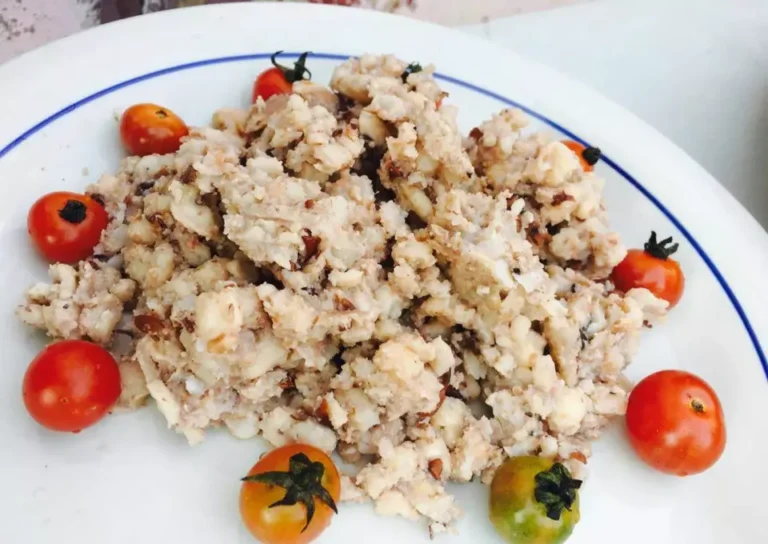Introduction
Eswatini, formerly known as Swaziland, is a small landlocked country in Southern Africa that is known for its rich cultural heritage. The country has a diverse culinary heritage that reflects its history and traditions. Eswatini cuisine is characterized by a fusion of African and European influences, with a focus on traditional cooking methods and locally sourced ingredients.
A Brief Overview of Eswatini Cuisine
Eswatini cuisine is diverse and flavorful, with a strong emphasis on meat-based dishes. Beef and chicken are the most commonly used meats in Eswatini cuisine, but goat and sheep meat are also popular. Vegetables such as corn, beans, and pumpkin are also staples in Eswatini cuisine. Traditional dishes include emasi (sour milk), umncweba (dried meat), and sishwala (a porridge made from maize meal). Eswatini cuisine also features a variety of stews and curries that are typically served with rice or pap (a type of porridge).
The Role of Herbs and Spices in Eswatini Cuisine
Herbs and spices play an important role in Eswatini cuisine, bringing flavor and depth to traditional dishes. The use of herbs and spices in Eswatini cuisine is a reflection of the country’s cultural heritage, as well as its history as a hub for trade and commerce. Eswatini’s location on the eastern coast of Africa made it a strategic trading point for spices and other exotic ingredients, which have since become a part of the country’s culinary heritage.
Popular Herbs and Spices Used in Eswatini Cuisine
Some of the most popular herbs and spices used in Eswatini cuisine include ginger, garlic, cumin, coriander, and turmeric. These spices are often used to flavor stews and curries, giving them a rich and complex flavor. Other commonly used herbs and spices in Eswatini cuisine include bay leaves, thyme, rosemary, and basil.
Health Benefits of Eswatini Herbs and Spices
Many of the herbs and spices used in Eswatini cuisine offer a range of health benefits. For example, ginger is known for its anti-inflammatory and digestive properties, while turmeric is known for its anti-inflammatory and antioxidant properties. Garlic has been shown to have antibacterial and antifungal properties, and coriander is a good source of vitamins and minerals such as vitamin C and iron.
Traditional Medicinal Uses of Eswatini Herbs and Spices
In addition to their culinary uses, many of the herbs and spices used in Eswatini cuisine have traditional medicinal uses. For example, ginger has been used to alleviate nausea and vomiting, while garlic has been used to lower cholesterol levels and boost the immune system. Coriander has been used to treat digestive issues, while turmeric has been used to treat arthritis and other inflammatory conditions.
How Herbs and Spices are Used in Eswatini Cuisine
Herbs and spices are used in a variety of ways in Eswatini cuisine. They are often added to stews and curries during the cooking process, and are also used to marinate meat before grilling or roasting. Some herbs and spices, such as thyme and rosemary, are used to flavor roasted meats and vegetables. Ginger and garlic are often used in marinades and salad dressings, while coriander and basil are used to add flavor to soups and salads.
Conclusion: The Richness of Eswatini’s Culinary Heritage
Eswatini cuisine is a reflection of the country’s rich cultural heritage, with a focus on traditional cooking methods and locally sourced ingredients. Herbs and spices play an important role in Eswatini cuisine, bringing flavor and depth to traditional dishes. The use of herbs and spices in Eswatini cuisine is a testament to the country’s history as a hub for trade and commerce, and adds to the richness and diversity of the country’s culinary heritage.

